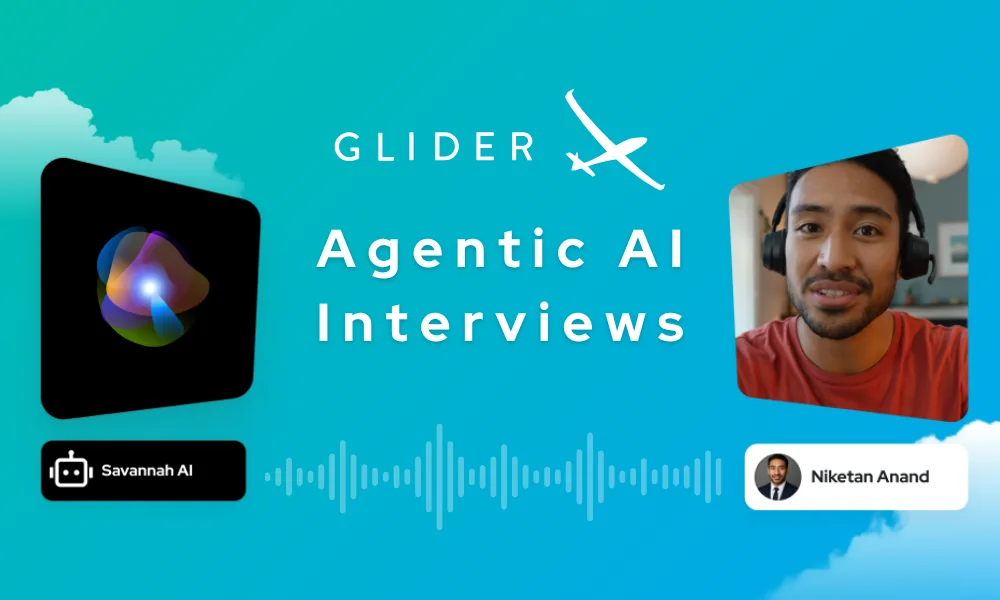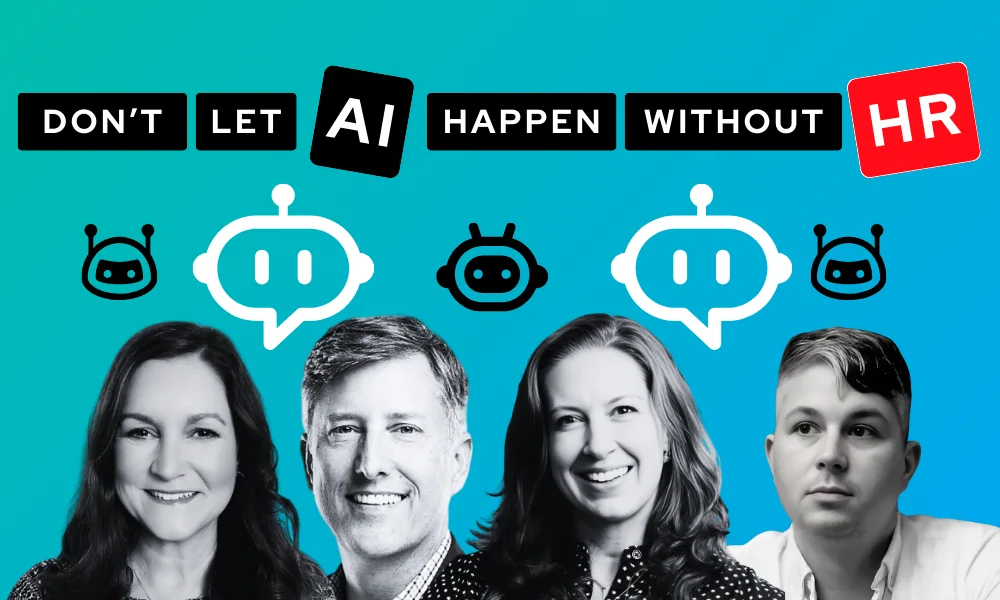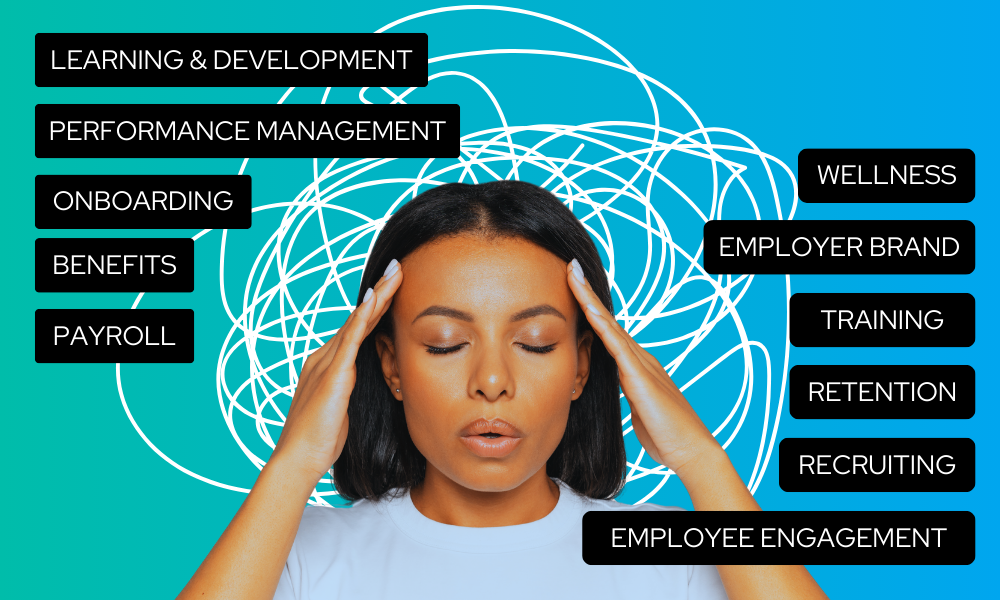Here’s a sobering fact: Only a third of companies manage to fill vacant positions within a month, while the majority spend four months (sometimes even longer) in this pursuit. This is especially true for the tech industry, which is currently experiencing a talent shortage.
The mass adoption of remote hiring has also expanded opportunities for tech candidates and increased their bargaining power, creating a candidate-driven market that makes it even harder to staff up. This shift has further intensified competition and lengthened the hiring process for businesses that now have to compete for scarce talent.
However, slow hiring isn’t just caused by a lack of qualified candidates. Inefficient recruitment processes are often the bottleneck. Nearly 50% of candidates reject job offers because of a bad hiring experience.
Now more than ever, companies need to overhaul their recruitment strategies and prioritize a smooth candidate experience to attract the best candidates and fill tech positions quickly. Artificial intelligence (AI) is one of the best process optimizers. AI tools for recruitment can dramatically streamline your hiring process so you can onboard the best candidates before your competitors can snatch them away.
How AI can help with the hiring process
Did you know that over 50% of businesses now embrace AI in talent acquisition? This is not surprising. After all, the benefits of AI in the recruitment process are clear: time and cost savings, accuracy, better hire quality, and reduced bias, to name a few.
Reasons you should consider using AI in the hiring process
1. AI Automates High-Volume Tasks To Save Your Human Recruiters Time.
Screening resumes is one of the most labor-intensive tasks in HR — and it becomes even more arduous if you receive high volumes of unqualified applications. AI can streamline it with automatic resume screening. The best AI tools for recruitment can also handle other repetitive duties like scheduling interviews and managing assessments, thus making the hiring process faster and preventing top talent from getting snapped up by competitors with a faster system.
2. Ai Improves Your Chances Of Hiring High-Quality Candidates.
With the average cost of hiring now around $4,000 per employee, it’s crucial to make each hire count — incredibly if you’re filling tech roles. In recruitment, AI uses sophisticated algorithms and machine learning to standardize data and match candidates with roles based on their skills and experience. The result? Better retention rates and reduced turnover ultimately save resources in the long run.
3. Ai Can Reduce Bias.
One of AI’s best features is that it can help mitigate human bias that often infiltrates candidate assessments. It automates various screening aspects to consider a wider range of qualified people, which is remarkable for diversity.
4. Ai Automates Onboarding Tasks.
Beyond hiring and screening, you can also use AI to improve your onboarding strategy. It can automate background checks and document management tasks, collect electronic signatures, and schedule onboarding sessions. This makes everything faster and easier for new hires and your HR staff.
The Role Of AI in Optimizing The Tech Hiring Process
AI’s benefits span across industries but are particularly evident in tech hiring. You can use it to make your evaluations fairer and create a clear picture of a candidate’s real-world tech skills.
The best AI recruitment tools on the market today can create testing simulations that mimic real-world situations. These simulations let you assess technical skills across various positions and scenarios.
For example, suppose you’re hiring for a front-end development role. In that case, you can use AI to present candidates with real-world tasks like implementing CSS layouts, building functionalities with Angular, or debugging React applications. This lets you directly measure their coding ability and design accuracy.
Are you hiring for a quality assurance role? AI-powered scenarios can help you evaluate a candidate’s problem-solving skills and attention to detail. These simulations can involve writing automated tests, identifying website bugs, and debugging existing automation scripts—all mimicking real-world QA tasks.
Are you hiring a DevOps engineer? AI can present candidates with real-world challenges like debugging configuration problems, writing file analysis and deployment automation scripts, and setting up routing rules in Apache or Nginx. This lets you see their problem-solving skills and practical knowledge firsthand.
Tips for Optimizing Tech Hiring
Tip 1: Use AI for Candidate Sourcing.
With AI in your recruitment process, you can cast a wider net and find hidden gems. This technology can analyze large data pools to spot tech candidates who may not be actively searching for jobs but are qualified for the positions you want to fill. For example, AI can scour online profiles and code repositories like GitHub to find tech talent with the skills and experience you need.
Tip 2: Use AI for Resume Screening.
Save time and resources by using AI to filter through a high volume of resumes. AI-powered resume screeners can scan for specific keywords, skills, and experiences you specify or mention in your job description. It can shortlist qualified candidates quickly so you can funnel them to the next steps in your recruitment process.
Tip 3: Leverage AI in The Interviewing Process.
Did you know that AI can assess soft skills? That’s right — advanced AI tools can conduct initial video interviews where candidates answer pre-determined questions at their convenience. These interviews are recorded and then analyzed for speech patterns and facial expressions to assess soft skills like communication and cultural fit.
Tip 4: Implement Ai-Powered Skill Assessments.
AI-powered automated assessments are designed to evaluate technical skills objectively. For example, Glider AI can create and administer coding challenges, technical quizzes, or simulations tailored to the specific role. This removes bias and ensures a consistent evaluation process for all candidates!
Tip 5: Personalize The Candidate Experience With AI chatbots.
Use AI chatbots to keep candidates informed throughout the hiring process. These chatbots can answer frequently asked questions (such as updates on a candidate’s application status), reducing your team’s administrative burden and making candidates feel valued.
Tip 6: Use AI for Predictive Analytics In Hiring.
AI can analyze past hiring data to identify patterns and predict which candidates are more likely to be successful so that you can make data-driven decisions to improve your hiring process. The result? You can refine your recruitment efforts and make better hiring decisions overall.
Conclusion
If you’re ready to use AI for optimization in recruitment, schedule a demo for Glider’s Skills Intelligence Platform. This powerful AI recruitment platform can do everything — from automating recruitment tasks to administering technical tests to help you find and hire the best tech talent in the market.



